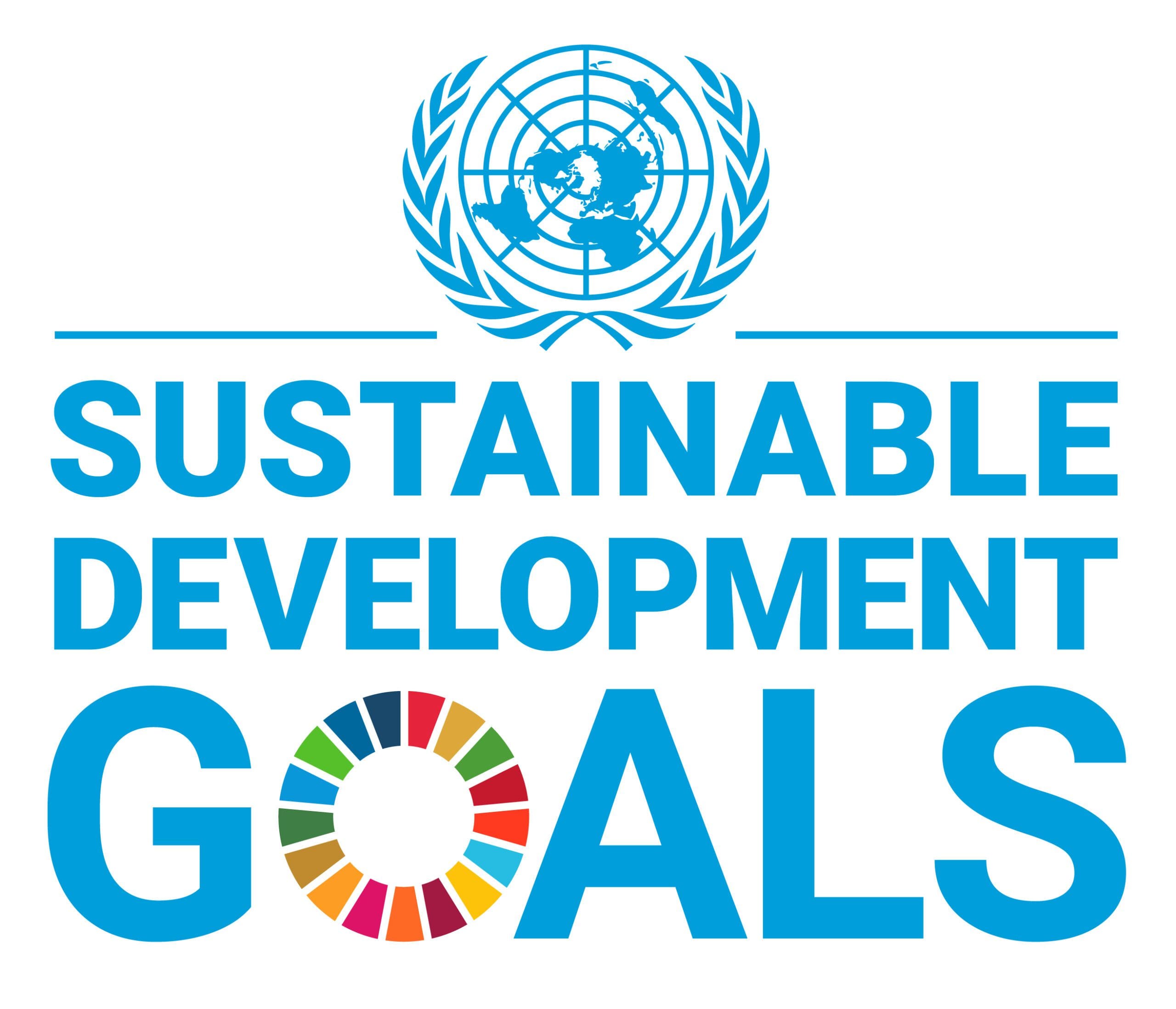United Nations
Peace, Dignity and Equality on a Healthy Planet
About the United Nations
The United Nations is an international organization founded in 1945. Currently made up of 193 Member States, the UN and its work are guided by the purposes and principles contained in its founding Charter.
The UN has evolved over the years to keep pace with a rapidly changing world.
But one thing has stayed the same: it remains the one place on Earth where all the world’s nations can gather together, discuss common problems, and find shared solutions that benefit all of humanity.
Learn more about the work of the United Nations here
One place where the world's nations can gather together, discuss common problems and find shared solutions.
Secretary-General Addresses 79th Session of General Assembly Debate | Photo Credit: UN Photo/Loey Felipe
Structure of the United Nations
General Assembly
The General Assembly is the main deliberative, policymaking and representative organ of the UN.
All 193 Member States of the UN are represented
in the General Assembly, making it the only UN
body with universal representation.
Security Council
The Security Council has primary responsibility, under the UN Charter, for the maintenance of international peace and security. It has 15 Members (5 permanent and 10 non-permanent members). Each Member has one vote. Under the Charter, all Member States are obligated to comply with Council decisions.
Economic and Social Council
The Economic and Social Council is the principal body for coordination, policy review, policy dialogue and recommendations on economic, social and environmental issues, as well as implementation of internationally agreed development goals.
Trusteeship Council
The Trusteeship Council was established in 1945
by the UN Charter, under Chapter XIII, to provide international supervision for 11 Trust Territories that had been placed under the administration of seven Member States, and ensure that adequate steps
were taken to prepare the Territories for self government and independence.
International Court of Justice
The International Court of Justice is the principal judicial organ of the United Nations. Its seat is at the Peace Palace in the Hague (Netherlands). It is the only one of the six principal organs of the United Nations not located in New York (United States of America).
Secretariat
The Secretariat comprises the Secretary-General and tens of thousands of international UN staff members who carry out the day-to-day work of the UN as mandated by the General Assembly and the Organization's other principal organs.
Main Bodies
Secretariat
UN System

The 17 Sustainable Development Goals
17 Goals to transform our world
In September 2015, the United Nations’ 193 member states adopted the 17 Sustainable Development Goals (SDGs). The SDGs are a call for action by all countries – poor, rich and middle-income – to promote prosperity while protecting the planet.
Click the icons below to learn more about the individual SDGs and their 169 sub-goals.
The SDGs urge countries of the world to, among other things, eliminate poverty and hunger around the world, reduce inequality, ensure quality education and better health for all, as well as create more sustainable growth.
The goals are universal and involve the whole world. If we are to achieve the 17 SDGs, everyone must contribute; governments, leaders, companies, organisations, NGOs and citizens.
How well do you know the 17 SDGs?
SDG Resources
Find more information and communications materials about the Sustainable Development Goals on the official UN page of SDGs below
Learn More
Quick links
See also
Learn more about the work of the United Nations and UN City in Copenhagen, Denmark.
Stay updated with the latest news from UN City
Subscribers to the UN City newsletter receive regular updates on public events and activities taking place in UN City Copenhagen as well as information about career opportunities and special UN stories. Membership is non-binding and free of charge.
